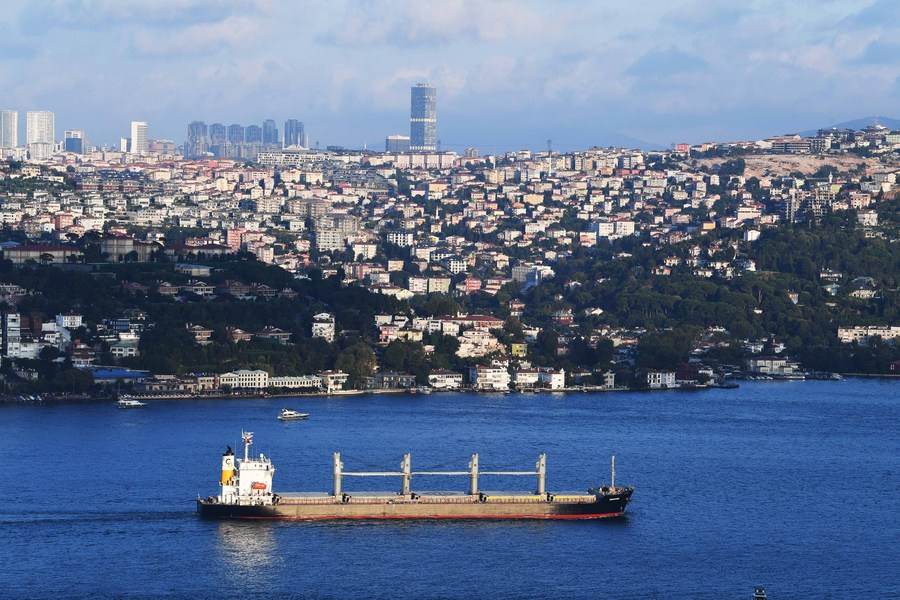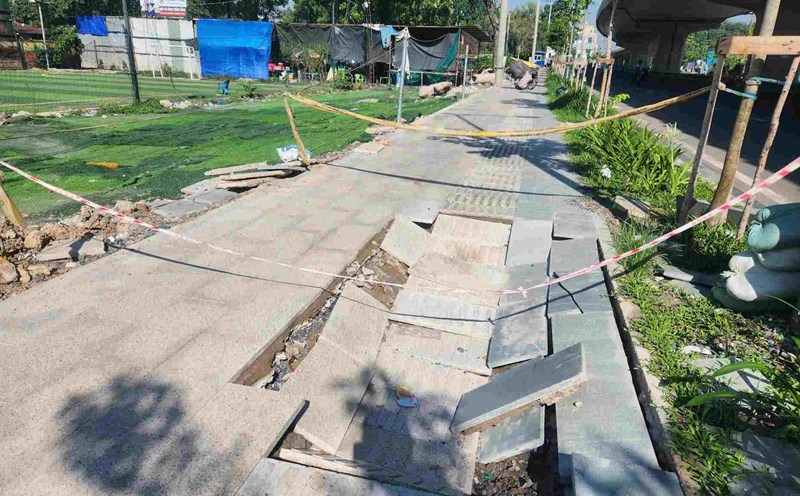According to a diplomatic source from the Financial Times, this is seen as a significant step back in Ukraine's support policy since the conflict with Russia escalated in 2022. At that time, the EU suspended all taxes and quotas on goods exported from Ukraine under the "A self-reliant Trade Measures" (ATM) mechanism.
However, the sudden increase in cheap agricultural products from Ukraine has caused a wave of dissatisfaction among farmers in Eastern European countries, especially Poland, where many large-scale protests have taken place to protest the influx of foreign goods.
According to the Financial Times, the Polish government has asked the EU to postpone sensitive trade talks with Ukraine until after the Polish presidential election on May 18, to reduce the election advantage for the nationalist-oriented opposition candidate - Mr. Karol Nawrocki.
Mr. Nawrocki, who is second in the polls, a conservative candidate of the Law and Justice Party (PiS), took advantage of farmers' dissatisfaction to criticize Ukraine's entry into the EU and NATO, as well as strongly opposed cheap agricultural products from Kiev.
Faced with growing political pressure, the European Commission is drafting a transition mechanism to replace the current tax exemption if trade talks cannot be completed before June 5.
However, instead of stopping incentives, the new proposal will " sharply reduce" tax exemption quotas for some key agricultural products such as corn, poultry, wheat and sugar.
Accordingly, the tax exemption limit for corn will be sharply cut from 4.7 million tons to 650,000 tons/year. Similarly, the poultry quota will be reduced from more than 57,000 tons to 40,000 tons; sugar from 109,000 tons to 40,700 tons.

Previously, an urgency ward mechanism was also activated by the EU to allow re-imposing tariffs on products such as eggs, honey, oats, corn, sugar and poultry if the import volume exceeds the average of previous years.
Responding to the news, Ukraine estimated that the end of the current tax exemption mechanism could cost the country's budget about 3.5 billion euros ($3.9 billion) a year - a heavy blow as Kiev is heavily dependent on agricultural exports to maintain its economy during the conflict with Russia.
In that context, both Kiev and Brussels are eager to successfully negotiate a long-term free trade agreement called the Comprehensive and Free Trade Zone Agreement (DCFTA). However, internal controversies within the EU, especially from Eastern member states, are making the process stand still.
The current situation puts the EU in a difficult position - on the one hand, a commitment to support Ukraine both politically and economically, on the other hand, a wave of strong reactions from voters in the bloc, especially those who live by agriculture.
This adjustment to tax policy could be Brussels' way of "fighting and chewing" - limiting damage to Ukraine but also soothing internal frustration.











